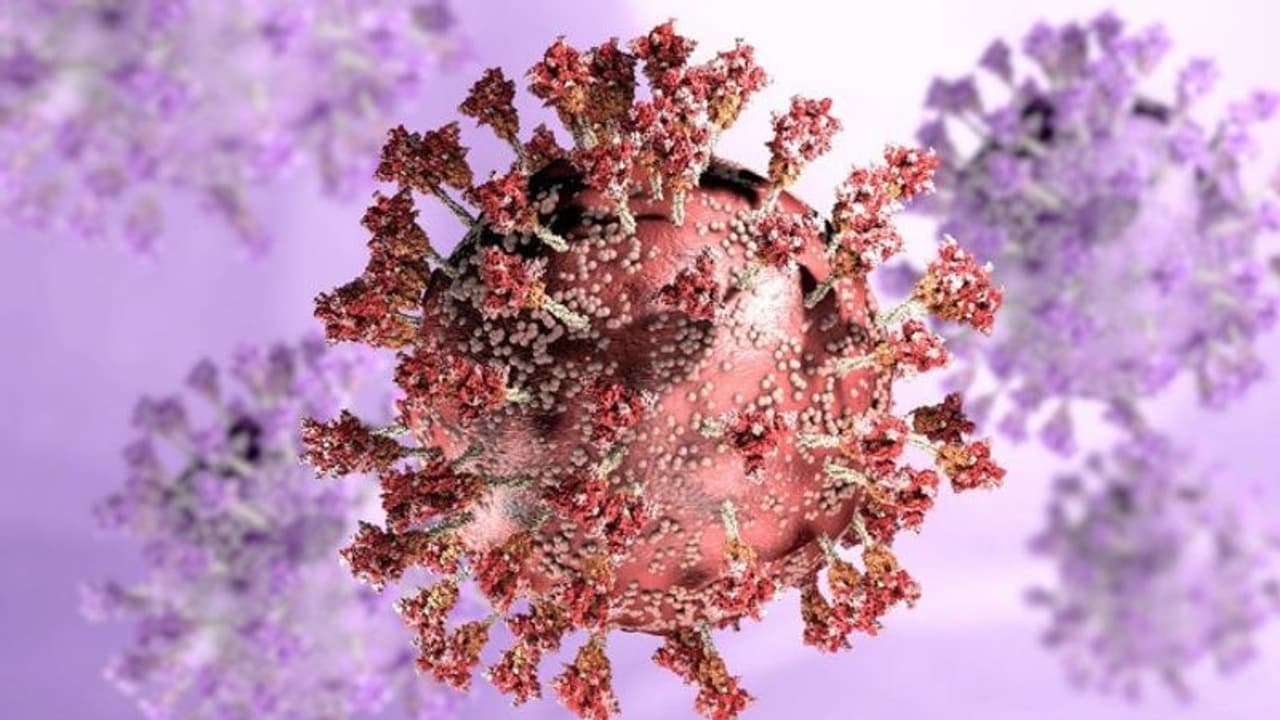Omicron, first detected by South Africa and reported to the WHO on November 24, has a large number of mutations.
The G7 has called the Omicron variant the “biggest current threat to global public health”, warning it is now “more important than ever” for countries to “closely cooperate”. Britain, which is currently chair of the group, said in a statement on Thursday, “Deeply concerned by the rise in cases, ministers agreed that these developments should be seen as the biggest current threat to global public health. It is more important than ever to closely cooperate and monitor as well as share data.”

The G7 health ministers earlier held their final meeting hosted by Britain, which has seen spiraling case rates over recent days, registering record numbers on Thursday. The ministers focussed on global access to diagnostics, genome sequencing, vaccines and therapeutics in a bid to combat its spread.
"They also agreed on the increasing importance of booster campaigns and regular testing alongside continued non-pharmaceutical measures," the statement said.
Meanwhile, US President Joe Biden warned that the Omicron variant of the coronavirus will start to spread much more rapidly in the United States and urged Americans to get vaccinated or boosted. “The only real protection is to get your shot,” he said, predicting “a winter of severe illness and death” for the unvaccinated.
The outbreak linked to the new variant has spread globally, and more European nations are implementing travel restrictions.
The United States, the hardest-hit country in the world, is currently averaging 1,150 Covid-19 deaths per day, according to figures from the Centers for Disease Control and Prevention (CDC).
When the Omicron strain was identified weeks ago, the United States halted travel from several southern African countries but did not introduce any other restrictions and has not tightened health measures on domestic flights.
This year, around 450,000 people have died of Covid, most of them non-vaccinated, even though effective and free vaccines became available in the spring.
(With inputs from agencies)
